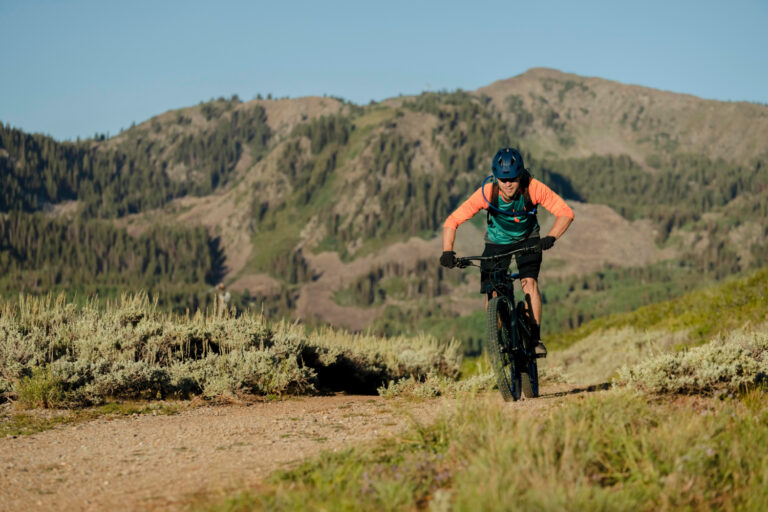
Backpacking is a form of low-cost, independent travel that combines hiking and camping in remote locations. It allows adventurers to experience nature firsthand, carrying all necessary gear on their backs. The essence of backpacking lies in its simplicity and self-reliance, making it a popular choice for those seeking to disconnect from urban life and immerse themselves in the great outdoors. This mode of travel is not only about the destination but also about the journey and the experiences that come with it.
History and Evolution of Backpacking
The origins of backpacking can be traced back to ancient times when humans traveled long distances on foot, carrying their belongings. However, modern backpacking as a recreational activity emerged in the mid-20th century, influenced by the rise of outdoor recreational culture. The development of lightweight camping gear and the establishment of national parks and trails significantly contributed to its popularity. Today, backpacking has evolved into a global phenomenon, with well-established routes and trails catering to adventurers of all skill levels.
Essential Gear for Backpacking
Selecting the right gear is crucial for a successful backpacking trip. Essential items include a durable backpack, a tent or shelter, a sleeping bag, and a sleeping pad. Clothing should be weather-appropriate and layered to accommodate varying conditions. A reliable water filtration system, portable stove, and cooking utensils are necessary for food preparation. Navigation tools such as maps, a compass, and a GPS device ensure safe travel. Additionally, first aid kits, multi-tools, and headlamps are indispensable for addressing emergencies and nighttime activities.
Planning and Preparation

Thorough planning and preparation are vital for a safe and enjoyable backpacking experience. This involves researching the chosen trail or destination, understanding the terrain, climate, and wildlife, and obtaining necessary permits. Creating a detailed itinerary and informing someone of your plans enhances safety. Physical preparation, such as conditioning hikes and strength training, helps build the stamina needed for carrying a loaded backpack over long distances. Packing smartly by minimizing weight without compromising on essentials is an art that experienced backpackers master over time.
Navigation and Trail Skills
Effective navigation is a cornerstone of successful backpacking. Understanding how to read topographic maps, use a compass, and operate a GPS device are fundamental skills. Trails often have markers and signs, but off-trail navigation might be necessary in some areas. Learning to estimate travel times and distances, recognizing natural landmarks, and understanding the basics of orienteering can prevent getting lost. Additionally, knowledge of Leave No Trace principles ensures that backpackers minimize their environmental impact while navigating through natural landscapes.
Safety and Risk Management
Backpacking inherently involves risks, ranging from adverse weather conditions to encounters with wildlife. Preparing for these challenges requires a proactive approach to safety and risk management. Carrying a well-stocked first aid kit, understanding basic first aid procedures, and knowing how to respond to common injuries are essential. Being aware of potential hazards such as avalanches, flash floods, and hypothermia, and having contingency plans in place, can mitigate risks. Effective communication devices, like satellite phones or personal locator beacons, provide a safety net in emergencies.
Environmental Impact and Ethics
Backpackers have a responsibility to minimize their environmental footprint and practice ethical behavior. Adhering to the Leave No Trace principles is fundamental, which includes disposing of waste properly, minimizing campfire impact, respecting wildlife, and leaving natural and cultural features undisturbed. Sustainable practices such as using biodegradable products, packing out all trash, and sticking to established trails help preserve the natural beauty of backpacking destinations. Educating oneself and others about responsible outdoor practices fosters a culture of environmental stewardship.

Backpacking Destinations Around the World
The world is dotted with breathtaking backpacking destinations that cater to all levels of adventurers. Iconic trails like the Appalachian Trail in the United States, the Camino de Santiago in Spain, and the Milford Track in New Zealand offer diverse landscapes and unique cultural experiences. Remote regions such as the Himalayas, the Andes, and the Scottish Highlands provide challenging terrains for seasoned backpackers. Each destination offers a distinct blend of natural beauty, wildlife, and cultural encounters, making backpacking a truly global adventure.
Physical and Mental Benefits of Backpacking
Backpacking offers numerous physical and mental health benefits. Physically, it provides an excellent workout, enhancing cardiovascular health, muscular strength, and endurance. The challenges of navigating diverse terrains and carrying a loaded backpack contribute to improved fitness levels. Mentally, the solitude and connection with nature offer a break from the stresses of modern life, promoting mindfulness and mental clarity. The sense of accomplishment from overcoming obstacles and reaching a destination can boost self-confidence and overall well-being.
The Future of Backpacking
The future of backpacking looks promising, with advancements in technology and gear making the activity more accessible and enjoyable. Innovations in lightweight materials, improved navigation tools, and enhanced safety devices continue to evolve the backpacking experience. Additionally, increased awareness of environmental conservation and sustainable practices is shaping the backpacking community towards more responsible travel. As more people seek meaningful outdoor experiences, backpacking will continue to grow, offering a unique way to explore and connect with the natural world.
Backpacking is more than just a recreational activity; it is a way of life that fosters a deep connection with nature, promotes physical and mental well-being, and cultivates a sense of adventure and self-reliance. Whether exploring familiar trails or venturing into uncharted territories, the spirit of backpacking lies in the journey and the stories that unfold along the way.


